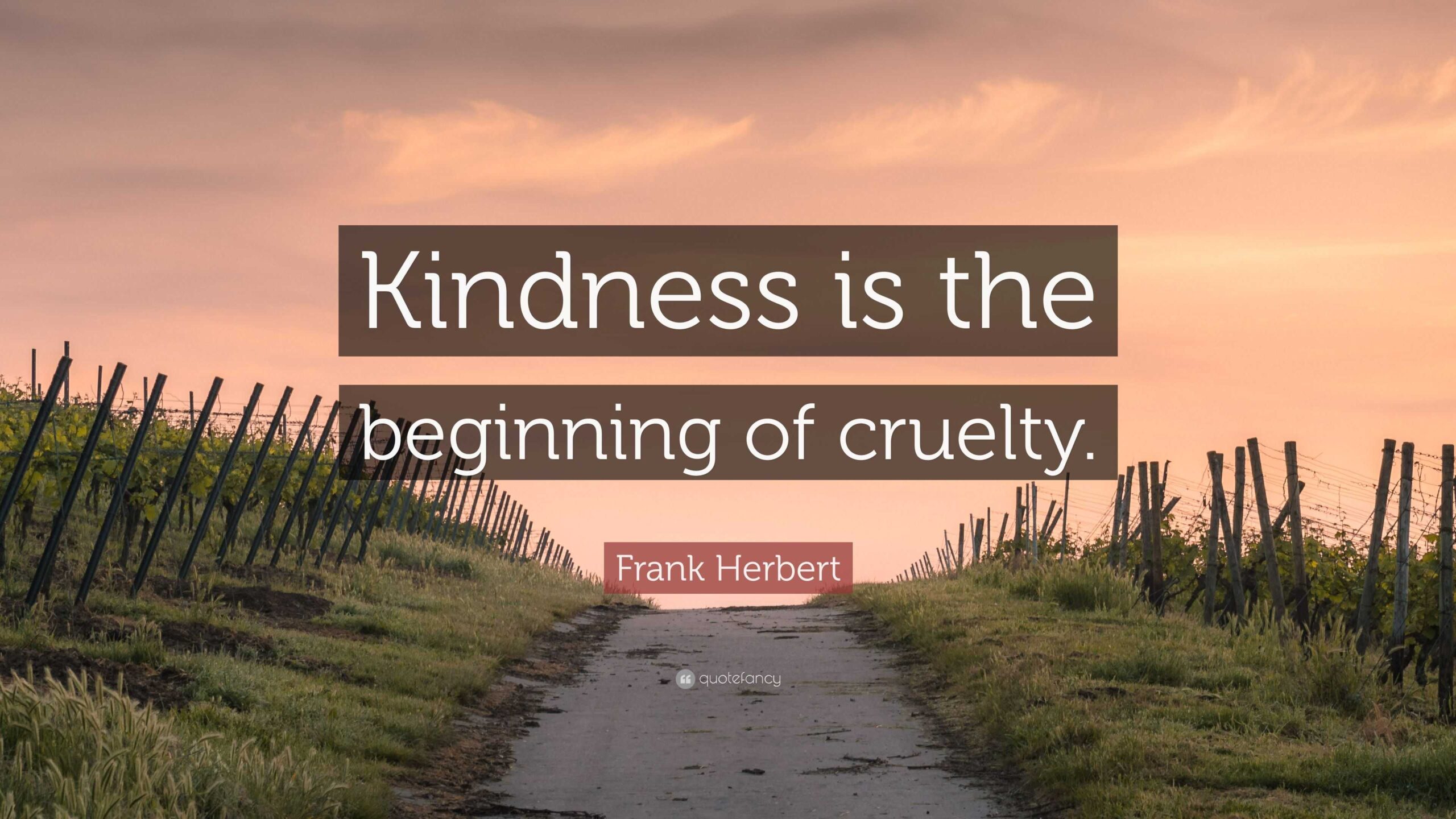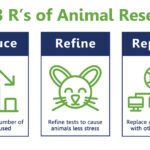Why is cruelty rewarded while kindness seems to languish in obscurity? This question, at first glance, appears to invoke a paradox, yet it necessitates a deeper examination of societal values, human psychology, and the systemic structures that often elevate malicious behavior over benevolence. Cruelty manifests in myriad forms, particularly in the treatment of animals, and it is alarming how often such actions are met with minimal repercussions. In contrast, acts of kindness, although inherently virtuous, frequently fail to receive the recognition they deserve.
To comprehend this phenomenon, we must first analyze the fundamental differences in the perception of kindness versus cruelty. Cruelty, whether displayed through violent actions or negligence, tends to elicit stronger emotional responses. The visceral reactions provoked by a scene of cruelty are often amplified by our biological instincts; witnessing suffering can provoke both compassion and outrage. In contrast, kindness, while noble, may not elicit such intense reactions or spur a sense of urgency. This emotional disparity can inadvertently signal to society that cruelty is, in certain contexts, more compelling or noteworthy.
Moreover, the media plays a pivotal role in shaping public perception. Sensational stories centered around cruelty, particularly in the realm of animal abuse, garner significant attention and provoke outrage. Headlines that illustrate the horrific treatment of animals often go viral, leading to widespread discussions and campaigns for change. This phenomenon can create a feedback loop where cruelty is not just noted but glorified, as those who perpetrate it often receive notoriety. Conversely, stories of kindness—acts of rescue, rehabilitation, or advocacy—while impactful, may not capture the same level of public intrigue or engagement. Thus, the narratives we consume can skew our perceptions of what behavior is deserving of recognition or reward.
Furthermore, societal structures often reinforce these dynamics. In a culture driven by competition and individualism, acts of cruelty may serve as shortcuts to power or dominance. Those who exploit others, whether through unethical business practices or egregious acts towards animals, may find themselves rewarded with wealth or status. Conversely, kindness often requires a sacrifice of time, resources, or emotional energy. Individuals who engage in altruism may not reap immediate benefits and, in some cases, may even face derision for their efforts if these actions challenge the status quo. This tension between personal gain and collective good creates an environment where cruelty is not just tolerated but sometimes implicitly encouraged.
It is also crucial to consider the psychological underpinnings of cruelty. Research indicates that engaging in cruel behavior can provide a sense of control or superiority. For individuals seeking validation or self-worth, inflicting harm on others may fulfill a need for dominance. This psychological reward system complicates the narrative surrounding cruelty, suggesting that it is not merely a product of societal endorsement but also a manifestation of deeper internal conflict. Conversely, kindness demands vulnerability, empathy, and a willingness to confront the suffering of others—all attributes that do not always align with traditional measures of success or validation in contemporary society.
Nevertheless, the challenge lies in redefining what constitutes a ‘reward’ and acknowledging the broader implications of our choices. If we choose to engage with and promote acts of kindness more vocally, perhaps we can initiate a cultural shift. This shift requires a collective effort to reframe the value we place on compassion and empathy. Social media platforms and community organizations have the potential to amplify stories of kindness, creating a counter-narrative to the glorification of cruelty. In establishing platforms that celebrate the heroes in our communities—those who work tirelessly to protect animal welfare or advocate for humane treatment—we can challenge the prevailing trends that suggest cruelty garners reward.
Moreover, education plays an essential role in this paradigm shift. By instilling values of kindness and empathy from an early age, we can equip future generations with the tools to foster compassion rather than cruelty. Ensuring that discussions around animal welfare, ethical treatment, and environmental stewardship are integrated into educational curricula can empower individuals to act in ways that promote kindness. Such education not only fosters awareness but also equips learners with critical thinking skills necessary to challenge and dismantle systems that reward malfeasance.
In conclusion, while the dynamics between cruelty and kindness are complex and multifaceted, understanding the societal, psychological, and cultural underpinnings of these behaviors can lay the foundation for meaningful change. The question posed—why is cruelty rewarded while kindness is ignored?—invites us to reflect on our values and the narratives we support. As advocates for animal welfare and champions of kindness, there is perhaps no more critical time than now to challenge the status quo, to amplify kindness, and to create a society where benevolence is cherished and cruelty is unequivocally condemned.
By committing to this endeavor, we stand to not only elevate the spirit of kindness but also to cultivate a culture that inherently values compassion. The reward of kindness could surpass the transient allure of cruelty, leading to a more humane society for all living beings.






